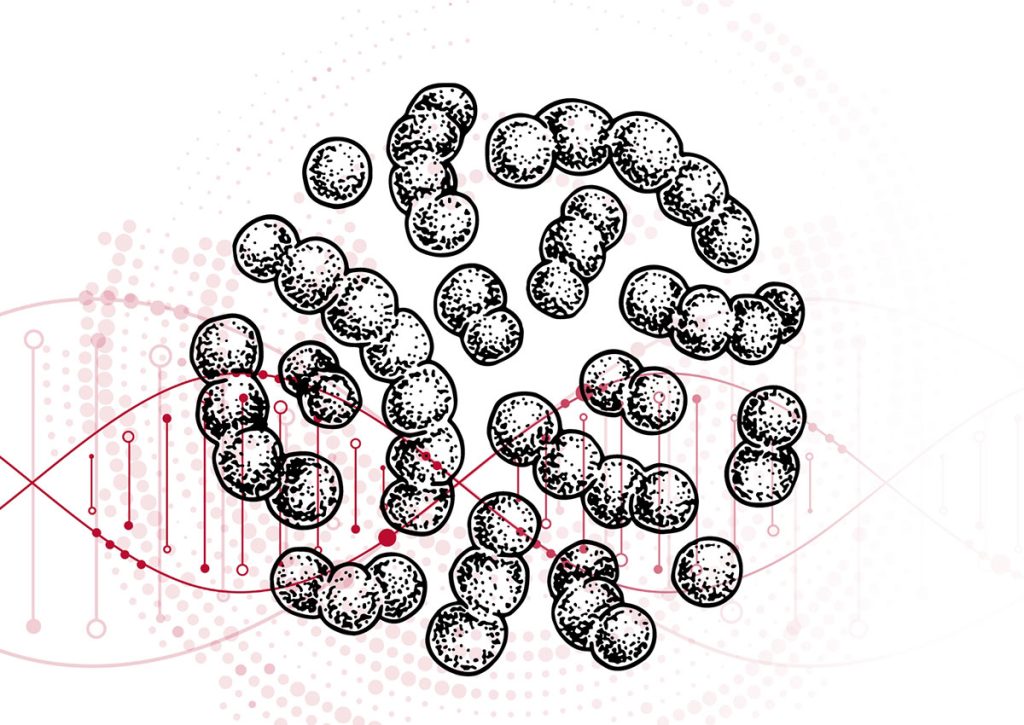SEE WHAT ELSE WE HAVE TO OFFER AT UGA.EDU
SEE WHAT ELSE WE HAVE TO OFFER AT UGA.EDU
UGA Researcher Anumantha Kanthasamy, Ph.D., Receives Millions in Federal Grants.
For centuries, scientists have tried to crack the mystery of a devastating ailment once called “the shaking palsy.” But Parkinson’s disease, which causes tremors, muscle stiffness and difficulty walking, remains the second most common neurodegenerative disorder in the United States after Alzheimer’s. About 1 million Americans have Parkinson’s, and more than 50,000 new cases are diagnosed annually.
University of Georgia Professor Anumantha Kanthasamy has a plan to fight back. Armed with with nearly $50M in federal funding, Kanthasamy and his researchers at the Isakson Center for Neurological Disease Research have the resources to take on the disease.

researchers have increasingly found evidence that neurodegenerative disorders can be triggered or accelerated by a sick gut.


The immediate driver of Parkinson’s is dying nerve cells in a part of the brain known as substantia nigra (black substance), where neuromelanin-rich neurons produce the neurotransmitter dopamine that helps control movement. If these cells die, the brain’s dopamine supply falls, and eventually Parkinson’s symptoms become apparent.
Over the past decade, researchers have increasingly found evidence that neurodegenerative disorders can be triggered or accelerated by a sick gut. A healthy gut helps modulate immune responses. When it becomes chronically unbalanced—or “dysbiotic”—it can drive harmful inflammation that affects the brain.

We look at it more as a disease that can be initiated or spread from the brain to the body’s ‘periphery,’ but also as a disease that could be started from the periphery and then spread to the brain.
Jae-Kyung (Jamise) Lee, Ph.D.,associate professor in the Department of Physiology and Pharmacology.
